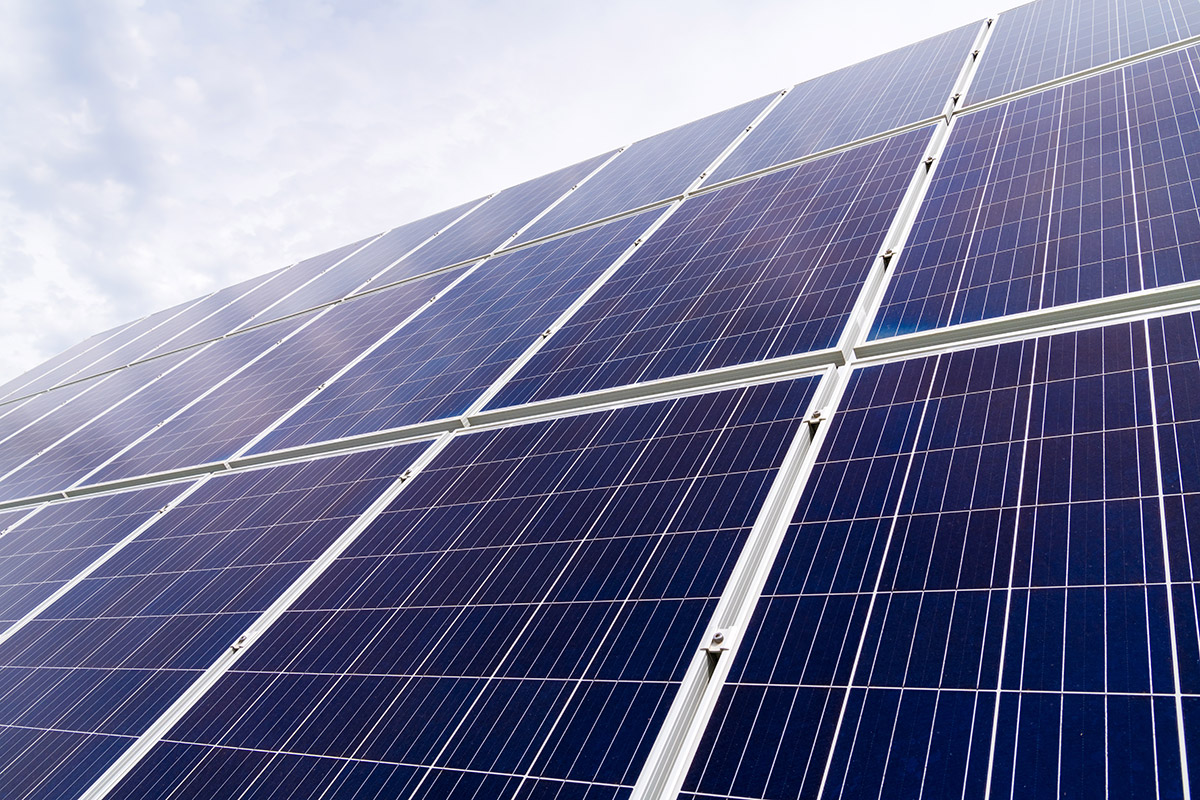Coming out of Covid, the UK’s economy is in a pretty bad way. The effects of Brexit will continue to cause unemployment and business shrinkage. This is very similar to the situation President Roosevelt faced in the 1930s when he instituted the original New Deal. A Green New Deal would make a significant impact in assisting economic recover, without being politically difficult.
Rail Renationalisation
Unlike the recent Tory announcement, a real rail renationalisation programme would end the government subsidising rail companies by £4 billion a year and the rail industry making £3.5 billion the obvious solution is to terminate the franchises and put the money straight into the network. It would mean improvement and none of the wasteful duplication and profit seeking. It is bizarre that most of the rail services are national companies – from other countries! Electrification of the entire network would save about about half a million tonnes of diesel a year, or 1.5 million tonnes of CO2 emissions.
Electric Buses
China is leading the way by replacing diesel buses with electric ones. Smoother, quieter, cheaper to run and low CO2. When stationary in the depot, bidirectional systems can act as storage for the grid, facilitating renewable energy usage. Financial incentives, like low interest loans, can encourage bus companies to replace their fleets.
Renewable Energy and Grid Improvement
The current UK offshore wind programme is highly successful and PV solar is profitable without subsidies. Britain has wasted its lead on marine renewable energy, but a return of investment could encourage these advanced offshore projects: with its long coastline and shallow waters the UK is well-placed to use “Blue” energy. There is no reason but NIMBYness to ban onshore wind farms. The grid needs improving to cope with more renewables. Long distance transmission needs HVDC (High Voltage Direct Current), which has much lower losses than AC lines. China is already putting in Ultra High Voltage Direct Current lines to carry energy long distances, and this could be trialled here to bring power from the North of Scotland to England.
For energy security and to de-risk the transition to renewables as well as lower dependency on gas, pumped storage needs to be expanded – there are few potential sites explored in the UK but existing hydro could be converted with the addition of lower lakes as well as investigating other sites including reservoirs – but this needs to be government or National Grid infrastructure. Private companies are unlikely to have the capital for such huge projects.
The fiasco of the cancelling of the first Tidal Lagoon in Swansea should be reversed. It would have been a prototype for a whole fleet of six round the UK coast, would have supplied energy at a reasonable cost (all prototypes are necessarily more expensive) and had local approval. The government’s own report gave it the go-ahead but it was inexplicably cancelled by the Tories.
EVs for Everyone
More electric vehicles of all classes would make a large dent in Britain’s poor air quality. Rolling out street and route charging points and higher taxes on conventional petrol or diesel vehicles would make them more popular.
Refurbishing Britain’s Buildings
The UK is a leader in energy-saving building technology and materials and this includes commercial buildings – gas use for heating is the single largest long-term problem in moving away from fossil fuels. Encouraging heat pumps and ultra-efficient housing that consumes 10% of the energy of traditional homes and buildings. Start with new hospitals, schools and government buildings – make the green standard the norm. Britain’s older buildings need a full programme of subsidised renovation to bring them up to energy efficient status. This would be huge and generate hundreds of thousands of jobs. Flood defences in vulnerable areas should be strengthened. A TUC study showed that £1 of investment in flood prevention saved £8 of damage to the economy.
Organisations and companies that pollute should be taxed to pay for the renovations and perhaps tax breaks for green companies would make this policy revenue neutral.
An Opportunity not a Waste
The Green New Deal is a great opportunity to fix many of the issues with the British economy, not just the Climate Catastrophe that is already upon us, but also developing advanced technology, creating jobs in employment black spots, improving flood defences, and realigning the UK with best practice in low emissions systems for the benefit of all our people.

